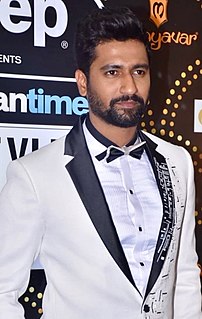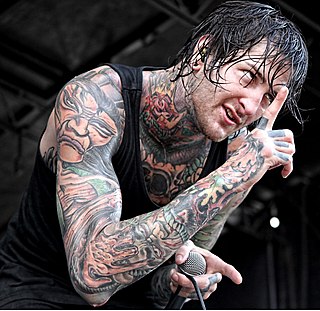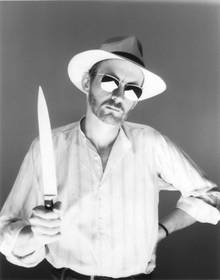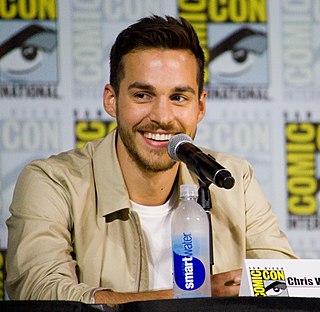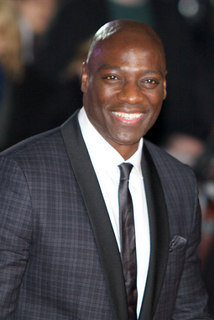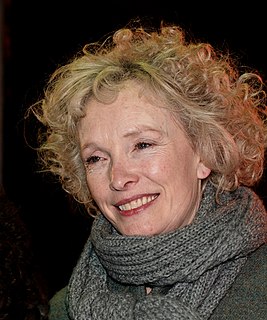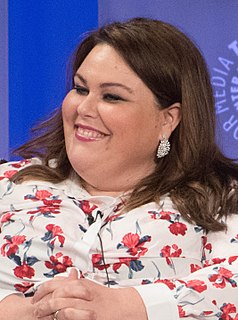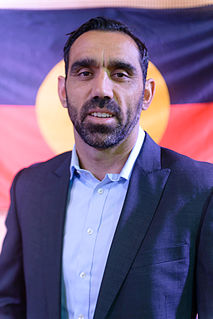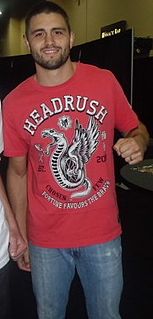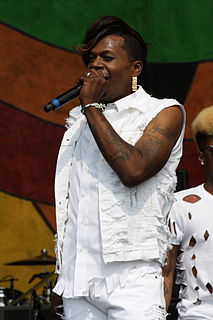A Quote by Vicky Kaushal
My dad battled various financial mishaps for years before achieving success as a stunt director, but my parents ensured that my brother and I knew all about the family's struggle. We knew from where each piece of furniture came from.
Related Quotes
I always knew about as a kid, knew that that particular injury at [my grandfather's] finger had been caused in that disaster that killed his brother-in-law, my grandmother's brother. And he never talked about his own brother's death to me. My mother told me about that and told me about the impact on her family. And that's part of what you hear in the first verse of "Miner's Prayer."
My brother was in high school and he had a garage band going, but no one would sing. They were covering a Hatebreed song at the time and I knew the words for it. My brother knew I knew the words, so he came inside the house and he's like 'Hey Mitch, come out here and sing'. I did it and after that I started a band with my older brother. That's how I got started.
Before I knew that I was Jewish or a girl I knew that I was a member of the working class. At a time when I had not yet grasped the significance of the fact that in my house English was a second language, or that I wore dresses while my brother wore pants, I knew--and I knew it was important to know--that Papa worked hard all day long.
I lost my father four years ago to what was the culmination of a manic episode that seemingly, to my family, came completely out of the blue after 59 years on this earth with no issues that we knew about, at least - sort of a normal run-of-the-mill guy who did his job and came home and had a family.
I remember in the Carpenter version, you got acquainted with the characters and really knew them. It was a real character piece. Each actor was serviced in the movie, and we tried to do that in this movie as well. I like the fact that there was a European, first-time director. I'd known of him because I'm from Europe. I knew him as a commercial director and thought one of his commercials was great. I thought it was an interesting take on such a big-budget cult classic.
OK, so my parents were married in 1955 and my mom knew my dad was gay and my dad knew he was gay and so I was, like, 'Why in the heck did you get married?' Like, what was going on? What was that time? It's like this crazy paradox that my whole life is based on, or my family's based on. So I spent a lot of time trying to understand '55.
People hear my dad is involved in politics, and all of a sudden I went to private school and had a nanny. There's a misconception that my dad, that our family is some kind blue-blood family... If people knew my friends, talked to anybody I grew up with, knew anybody from my old neighborhood, they'd know that's really, really far from the truth.
I grew up in a very loving middle class family. My parents were educators. I'm not even the first PhD in my family. They tried to shield me, just as other parents in my neighborhood tried to shield their children. But you knew there was a reason that you couldn't go to that theme park or to a movie theater or to a hamburger stand. They couldn't shield you completely. What they did though was they never let it be an excuse for not achieving, and they always said racism is somebody else's problem, not yours. They tried in that way not to make us bitter about Birmingham.
